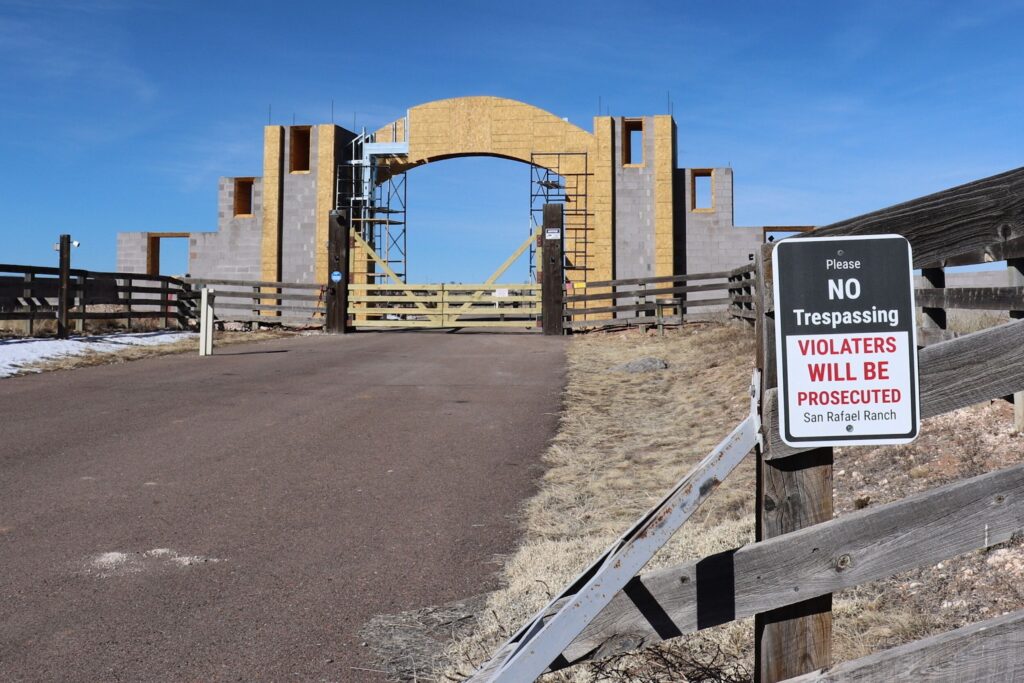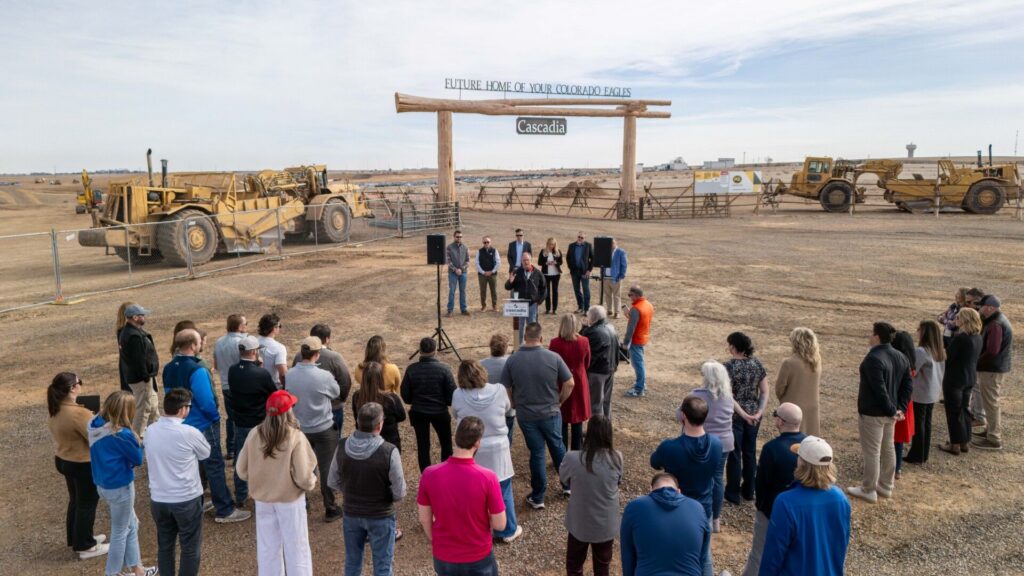Denver safety committee hears details about potential jail alternative

During a multiagency public safety update Wednesday morning, Denver Executive Director of Public Safety Armando Saldate gave the City Council’s safety committee an overview of its goal to launch an Assessment Intake Diversion Center this summer.
The AID Center, which would be located at 14th and Elati, is intended to be an alternative to jail that connects folks with services to best support their needs. People would be able to walk in themselves seeking services or, with their consent, be brought in by law enforcement, the Support Team Assisted Response program, community-based providers or other referral sources.
The intention is to help folks who continuously face low-level, nonviolent crime charges get connected with services and stable housing. Saldate said the AID center would start as a pilot program just like the STAR program did, with operating hours based on data showing when it might have the greatest impact.
Denver City Council pauses collections agency contract
“We hope that this will provide folks in their greatest time of need that coordinated entry point for them. It will give better opportunities for successful outcomes,” Saldate said. “What is happening now is not an opportunity for successful outcomes.”
Saldate said that once someone is booked and goes into a jail, they are typically released within a couple of hours and are never connected with programming, services or intervention even though these are typically public health-related offenses somehow involving addiction or mental illness. According to the presentation, about 20% of weekly jail bookings include folks with a mental health or suicide alert.
Even before the pandemic, he said he heard from officers arresting folks for low-level crimes and then seeing those same people in the same situations later in the day. He also heard from leaders of Denver’s Law Enforcement Assisted Diversion program that there would frequently be low-level warrants for the same crimes LEAD is trying to divert, meaning they’d make arrests as opposed to diverting as they’d like to.
Saldate described the AID center as a “one stop shop” that could help the city provide a continuum of services.
“We need folks to consent and want to get into a space where they want to engage these service offerings,” Saldate said. “There will be professionals that are not law enforcement officers to help them through that process and help them through hopefully the pathway to a successful outcome that is not a criminal justice outcome. That’s the whole thing here.”
Colorado to close 40 community COVID-19 testing sites; 80 more will remain open
Services and agencies anticipated for the AID Center include short- and long-term case management agencies, health care providers, animal protection services, Denver Human Services and the Office of Housing Stability among others.
STAR Operations Manager Carleigh Sailon said the AID Center would be a great resource for her program and that they don’t see it as any kind of threat. She said STAR comes into contact with many folks who tell them about their struggles with low-level warrants keeping them entangled in the criminal justice system and that this would be a great start to help.
Councilman Kevin Flynn said he sees the AID Center as a way for law enforcement to get out of these low-level warrants, handing them off to a more suitable response to get them the help they need.
“I think if any agency other than the Department of Safety had come up with this, people would be very happy to hear about it because it’s a way of getting people the services they need and keeping them out of the jail system,” Flynn said.
Frontier Airlines seeks major change at Denver International Airport













